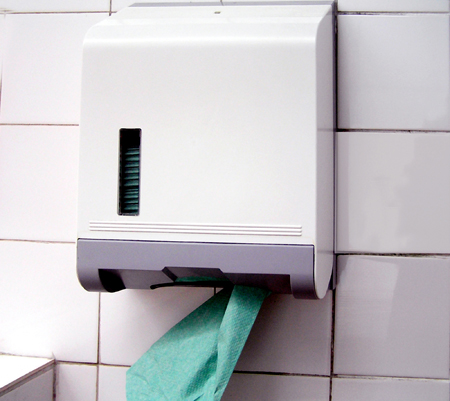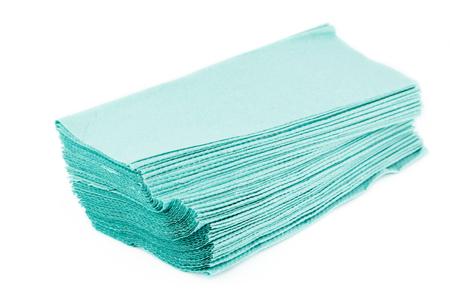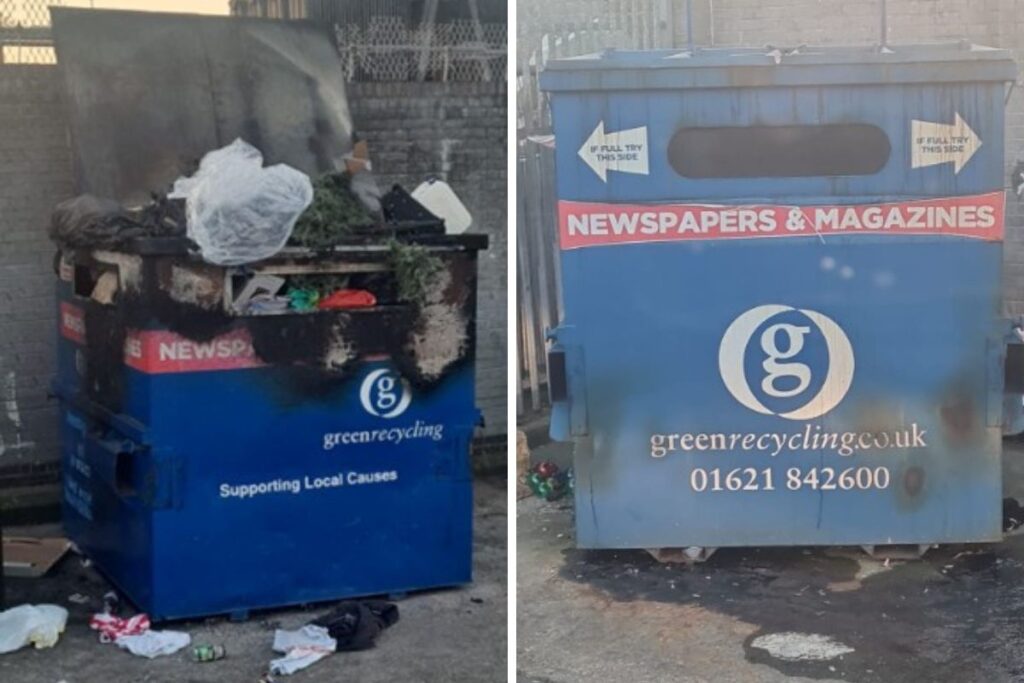Highlighting the use of paper towels (made from tissue) has come from the Confederation of Paper Industries (CPI) in the wake of a volatile period for the tissue sector. Paper towels for use ‘away from home’ are usually made from tissue produced from recycled material.
The start of the coronavirus pandemic saw toilet rolls and tissues for use at home disappear from supermarket shelves with panic buying. Experts in the tissue sector put the situation down partly to the difficulties in filling shelves quickly enough, especially as store shelves can appear empty very quickly because bags of toilet rolls are bulky.

However, according to Andrew Large, CPI director general, the sector has worked “very hard in recent weeks” to ensure that supply lines have been strengthened and he does not see any particular challenges at present.
Supply chains
Mr Large said: “The industry has moved mountains over recent weeks to keep some pretty extended supply chains moving. Fundamentally there is enough tissue and I would be very confident that supply chains will be able to continue, whatever is required.”
And, Mr Large said that government and Public Health England are aware of the importance of paper towel tissue products. These are an important part of the “away from home” industry which is currently facing a reduction in orders because of the closures of hotels and many other commercial premises.
Mr Large said: “I think there is good recognition across government with regard to the benefits in infection control circumstances of using paper towels compared to using hot air driers, which have the tendency to blow things around.”
Demand
Recent weeks have seen strong demand from paper mills making tissue products for recovered paper, such as multigrade and sorted office waste from offices. There are currently lower volumes of the grades which are used for tissue making – as well as pulp – because of the closure of offices and some print works.
CPI statement
In a detailed statement on the use of paper towels the CPI said:









Subscribe for free